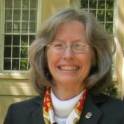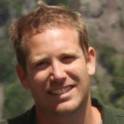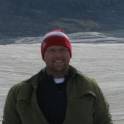
Gwendelyn Geidel
Prediction, prevention and remediation of ground and surface water contamination caused by mining and other anthropogenic disturbances of the earth’s surface. Examples include investigations of rock-water interactions from mining activities (including both coal and metal mining in the US and Canada), the degradation of water quality from the oxidation of sulfide minerals, laboratory evaluation of acid and alkaline potentials from rock strata, field investigations of the long term effects of mining, and the implementation at field sites of constructed wetlands, anoxic limestone drains, alkaline trenches and other remediation and reclamation technologies.


